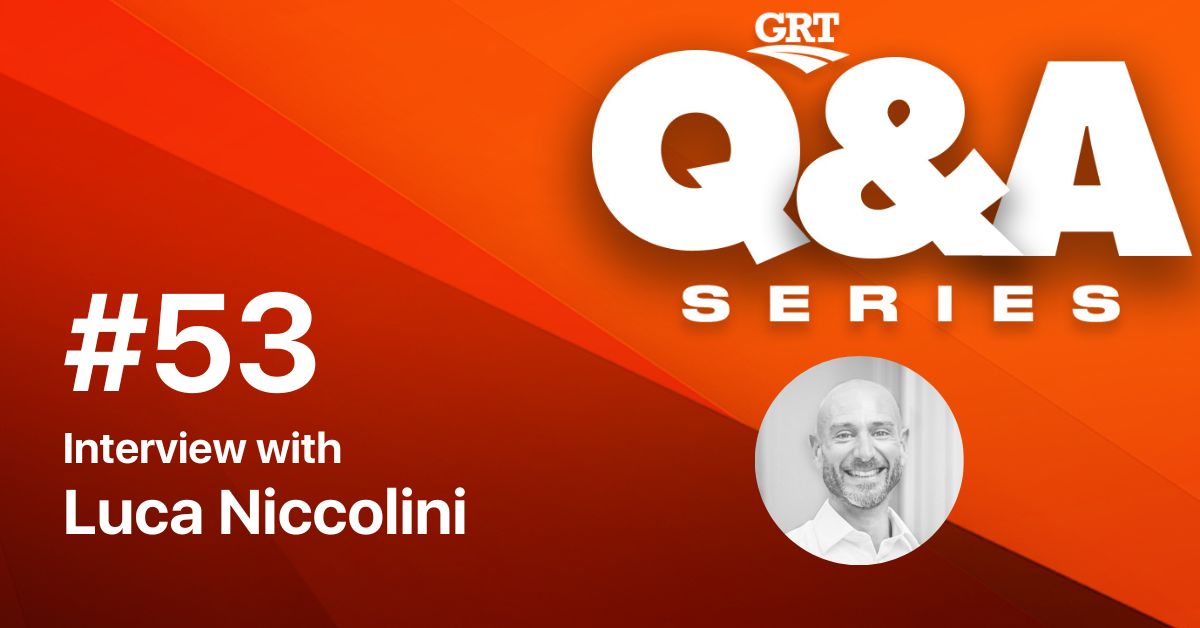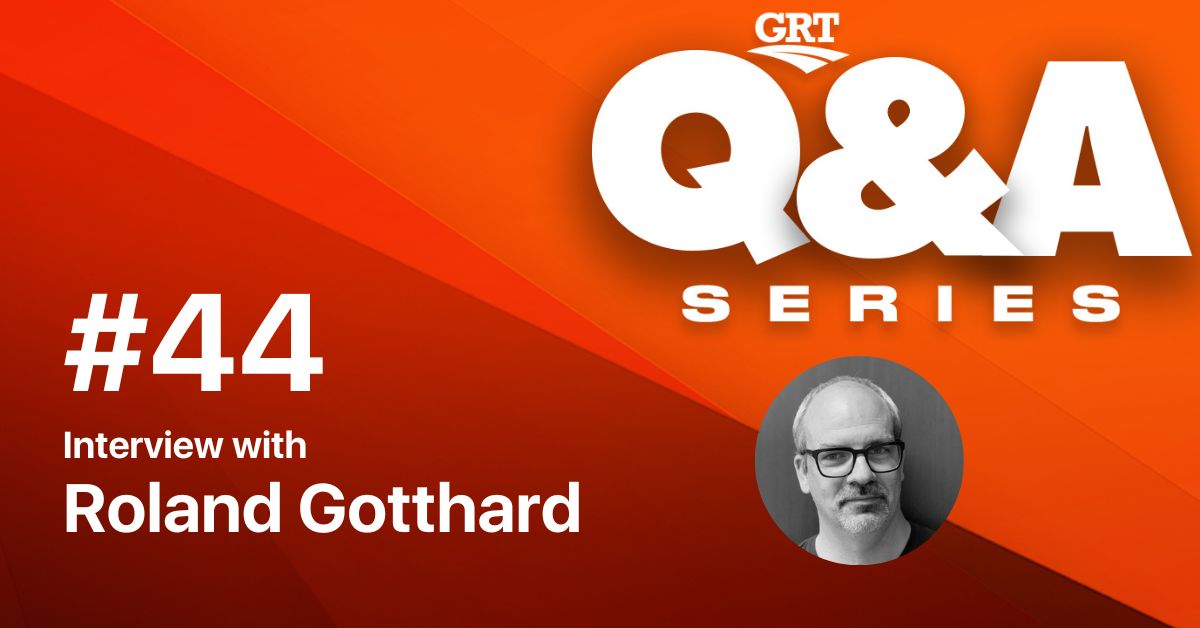Q&A Series #07: Interview with Mehrdad Samavati

About the guest
Mehrdad Samavati is an air quality engineer with an Industrial Engineering background and experienced in production, and business development. He specialises in air quality modelling, measurement techniques, indoor air quality, and clean air solutions. He is currently a Clean Air and Filtration Solutions Expert Providing industrial air filtration solutions to different industries through analysing the process and designing suited filtration systems.
The topic of discussion: Synergies and trade-offs between air quality and climate change
COP26 just concluded and the question that remains to be explored from an air quality perspective is, are there synergies and trade-offs between air quality and climate change? Reducing fossil fuel combustion in industry, transport, mining, agriculture and heating, would not only reduce CO2 emissions but also directly reduce nitrogen oxides (NOx), black carbon, polycyclic aromatic hydrocarbons (PAHs) and carbon monoxide (CO) with a resultant positive impact on human and ecosystem health and productivity. The linkages between air pollution and climate change call for:
- air quality management
- climate change mitigation
- increased real-time air monitoring
- catalyzing clean air efforts globally
- stringent policy and consistent policing
- integrated and collaborative approaches
- action-consequence approach to compliance
In this article, Global Road Technology is in conversation with Mehrdad Samavati, an Air Quality Engineer based in Turkey, about synergies and trade-offs between air quality and climate change.
Q1: How important is clean air to our daily lives?
Considering roughly 11,000 liters of air which we inhale daily, besides the fact that roughly 20% of this number contains Oxygen (O2) itself, must courage us to learn more about this invisible important intake of ours. Studies clearly show how air quality is an important factor in our health, brain performance, and energy. Within this pandemic, the importance of clean air has become vital though. The virus and our indoor lifestyle left us no choice but to clean the air.
Q2: How has air pollution contributed to climate change?
That’s a very good and tough question. Air pollution and climate change have a very complex relationship. The first key point is to not address air pollution as the reason for climate change, since those polluting motors and machines are not working for their own good, but for our consumption and the lifestyle we have either chosen or dictated to imply. We do know that Black Carbon as a yield of low-efficient fossil fuel burning is one of the important causes of global warming. However, upgrading the machines would not always be an affordable option, that’s where we can filter polluting machines quite effectively.
Q3: Is there a correlation between net zero emissions and air quality?
Net zero emission is more about ways to produce negative emission rather than lowering the emission so far, I’d say. This plan is to give the earth a break to use atmosphere’s capabilities to handle our heavy production’s side effects. Of course, I’d welcome and keep being positive on hearing more air quality focused net zero emission programs.
Q4: How important is particle size in dealing with dust at its source?
That’s one of the important parameters in choosing the solution for capturing the dust. Capturing or settling down smaller particles wouldn’t be as (energy-wise) expensive as it’d be for bigger particles. Nature of the dust is another important factor which is crucial for choosing the right filtration media.
Q5: Whose responsibility is it to maintain clean air?
It’s on all of us I’d say. Implying a sustainable lifestyle besides choosing right politicians to empower the environment friendly developments, both locally and nationally will save our sky from the further generation’s energy and consumption demands.
Q6: How can the government and private sector collaborate towards better air quality?
Justice would be the key here I believe. As long as the plan towards better air quality is being applied to each and every party justly and in accordance to their share in air pollution, the plan will succeed.

Keith Nare
Technical Head of Communications for GRT, Keith leads GRT's content strategy across various platforms, whilst coordinating internally to build the voice and opinions of the GRT team. Keith is a product of Nelson Mandela University and his PhD work focuses on Polymer and Physical Chemistry. He was a Research Associate at SANRAL in South Africa and later spent time as a Visiting Research Associate to NTEC at the University of Nottingham in the UK. He is a former Director of Communications for CALROBO in the USA.
Keith is passionate and enthusiastic about health and safety, sustainability, networking and finding synergy through conversations.
Related Interviews
MORE INDUSTRY ARTICLES
Nothing found.









